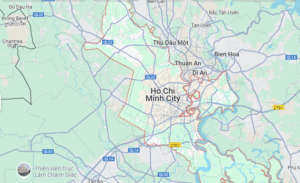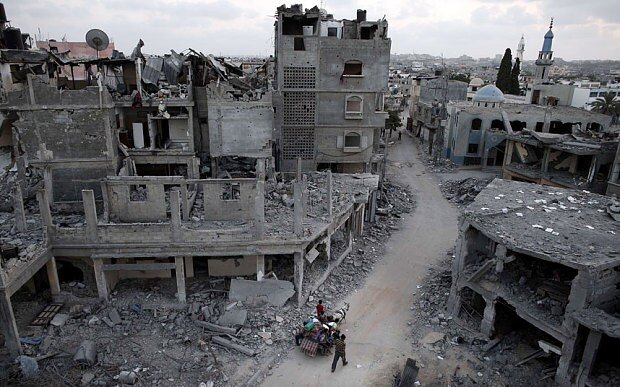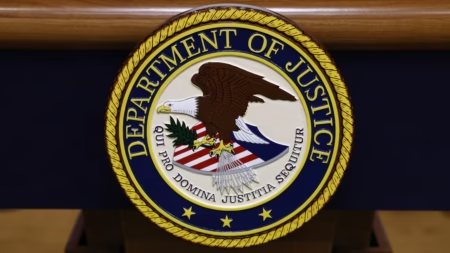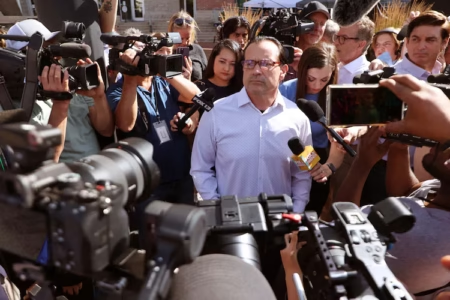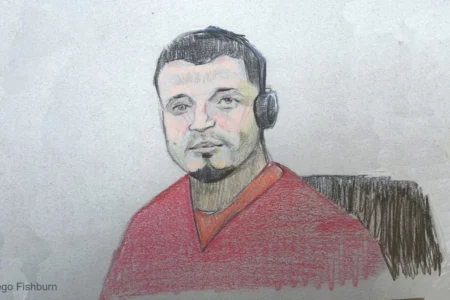The humanitarian organization Oxfam has raised urgent concerns over the escalating risk of famine in Gaza, urging Israel to reinstate the ceasefire and lift its blockade on the territory. The total siege, Oxfam warns, is worsening an already dire humanitarian crisis for the over two million people living in the coastal enclave.
Humanitarian Crisis Deepens in Gaza
According to Oxfam, Israel’s renewed military offensive has severely obstructed humanitarian operations, preventing aid organizations from providing essential food, water, and medical support. The situation is exacerbated by ongoing attacks on critical infrastructure, making it nearly impossible to carry out necessary repairs to water systems and sanitation facilities.
“For the past 535 days, Israel has been systematically weaponizing life-saving aid, inflicting collective punishment upon the population of Gaza,” said Bushra Khalidi, Oxfam’s policy lead for Palestine.
A Call for Ceasefire and Unrestricted Aid
Oxfam has called on Israel to restore the ceasefire and allow unrestricted humanitarian aid to flow into Gaza. The organization emphasized that the blockade, which restricts access to essential resources such as food, fuel, and medical supplies, constitutes a violation of international law.
“The denial of food, water, fuel, and electricity is a war crime and a crime against humanity,” Khalidi added. “Many within the international community are enabling this by their silence, inaction, and complicity.”
Global Response and Rising Concerns
International humanitarian groups, including the United Nations, have repeatedly warned that the ongoing blockade and military operations are pushing Gaza’s population toward widespread famine. The UN Relief and Works Agency (UNRWA) recently reported that 80% of Gaza’s population is dependent on humanitarian aid, yet access to supplies remains critically restricted.
Several countries have urged Israel to ease restrictions and allow for humanitarian corridors. However, diplomatic efforts have so far yielded limited results. The UN Security Council has debated resolutions addressing the crisis, but meaningful action has been stalled due to political divisions among member states.
Dire Food Insecurity and Malnutrition
Oxfam’s latest findings reveal that food shortages in Gaza have reached catastrophic levels. Markets remain empty, and essential food items are either unavailable or priced beyond the reach of most residents. The situation has particularly impacted children, pregnant women, and the elderly, increasing malnutrition rates across the territory.
Health experts warn that prolonged malnutrition and lack of clean water will lead to widespread disease outbreaks, further straining the already overwhelmed healthcare system. “Hospitals are operating at limited capacity, and medical supplies are running out,” a Gaza-based health worker told Daljoog News.
International Law and Humanitarian Obligations
Under international humanitarian law, the deliberate obstruction of life-saving aid is considered a war crime. Organizations such as the International Criminal Court (ICC) have indicated that they are monitoring the situation closely. However, human rights groups argue that enforcement remains weak due to geopolitical interests.
“The world cannot turn a blind eye to this unfolding tragedy,” said a spokesperson for Amnesty International. “We need immediate action to ensure that civilians in Gaza receive the food, water, and medical assistance they desperately need.”
The Need for Immediate Action
With the risk of famine growing each day, Oxfam and other humanitarian agencies continue to push for urgent action from the international community. The organization urges immediate diplomatic efforts to secure a ceasefire and facilitate the unimpeded delivery of aid to those in desperate need.
As the situation in Gaza worsens, global leaders face mounting pressure to act before the humanitarian disaster reaches irreversible levels. Daljoog News will continue to provide updates on this developing crisis.



